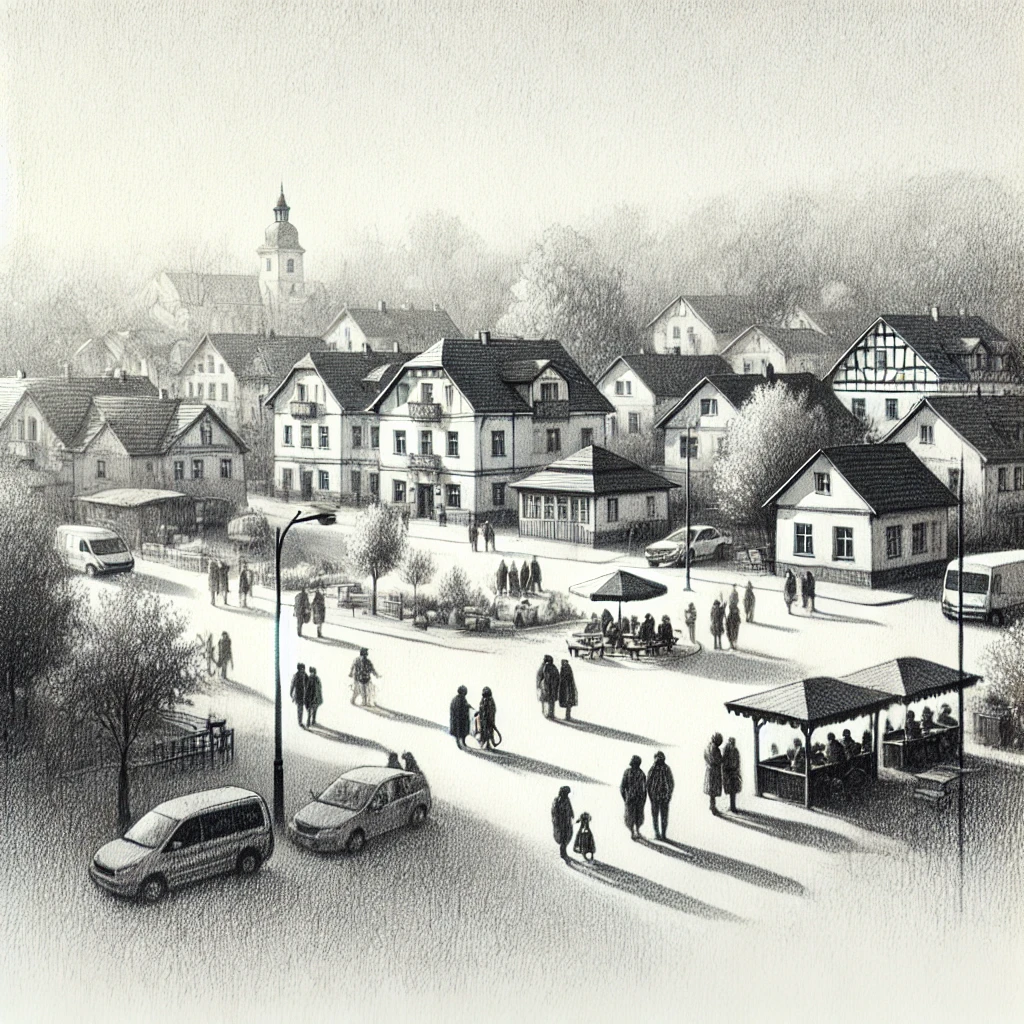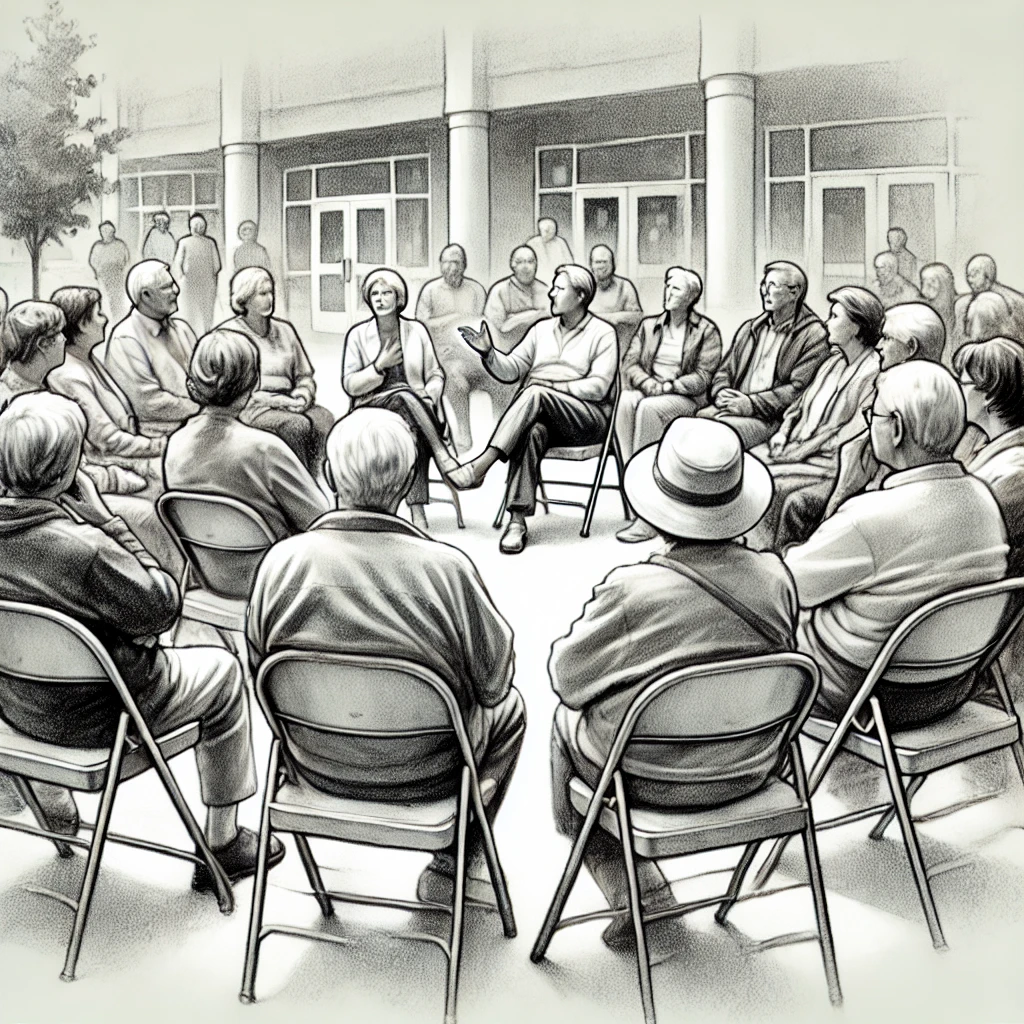Community Collaboration: Working Together to Sell Damaged Lots After a Disaster

After a natural disaster, wildfire, or other catastrophic event, homeowners may find themselves facing the difficult decision of whether to rebuild or sell their damaged property. Selling individual lots can be challenging, especially in areas where the housing market has been affected by widespread destruction. However, working together as a community to sell multiple lots in a coordinated effort can increase property values, attract developers, and lead to a more efficient recovery.
This article explores why homeowners should consider working together to sell damaged lots, the benefits of group sales, and how to organize a community-led selling effort.
1. The Challenges of Selling an Individual Damaged Lot
Selling a damaged lot after a disaster is often more complicated than selling an intact home. Some of the challenges homeowners face include:
Obstacles to Selling a Single Damaged Lot
Challenge | Why It’s a Problem |
|---|---|
Lower Property Values | Individual damaged lots may sell for much less than pre-disaster value. |
Limited Buyer Pool | Most homebuyers want move-in-ready homes, not vacant land. |
Developers Prefer Larger Parcels | Builders are more likely to invest in areas where they can develop multiple properties. |
Zoning & Rebuilding Restrictions | Some lots may face new zoning laws, code upgrades, or land use changes. |
Rather than selling piecemeal, homeowners can band together to create a more attractive opportunity for developers, investors, or city-led redevelopment projects.
More info: Understanding Post-Disaster Property Sales - National Association of Realtors

2. The Benefits of Selling Lots as a Community
By working together, homeowners can increase demand for their land and attract larger-scale buyers, such as builders, city planners, or real estate investors.
Why Selling as a Group Is More Effective
Benefit | How It Helps Sellers |
Increases Property Value | Developers pay more per lot when buying in bulk. |
Attracts More Buyers | Large-scale projects interest builders, investors, and redevelopment firms. |
Faster Sales Process | Selling multiple lots at once reduces time on the market. |
Greater Negotiation Power | A united group of homeowners can negotiate better terms and higher prices. |
Example: Wildfire Recovery in California
In previous wildfire recovery efforts, neighborhoods that coordinated their land sales were able to attract high-value buyers, while individuals who sold lots alone struggled to get Fair Market Value.
More info: Post-Disaster Land Sales - Urban Land Institute

3. Organizing a Community-Led Land Sale
Homeowners looking to sell together as a community should take structured steps to organize their efforts and attract the right buyers.
Step-by-Step Process for Group Lot Sales
Connect with Other Homeowners – Hold meetings or create an online group to discuss interest in selling collectively.
Hire a Real Estate Agent or Broker Specializing in Land Sales – Choose an agent who has experience with bulk land sales and developer negotiations.
Assess Market Demand – Research developer interest, zoning laws, and future land use plans.
Negotiate as a Group – Agree on a fair price per lot and coordinate sales efforts to maximize value.
Market the Opportunity to Large Buyers – Engage real estate developers, city planners, and investment firms.
Finalize Transactions and Assist with Zoning Adjustments – Work with local authorities to ensure smooth transitions for buyers.
More info: How to Sell Land in Bulk - Land.com
4. How Local Governments and Developers Benefit from Group Lot Sales
Why Cities and Builders Prefer Large-Scale Purchases
Advantage for Developers | Why It Matters |
Easier Infrastructure Planning | Large projects make road, sewer, and utility repairs more cost-effective. |
Higher Investment Returns | Developers can build multiple homes efficiently instead of one-off projects. |
Government Support for Redevelopment | Cities often prefer large-scale projects that align with urban planning goals. |
Community Rebuilding Stability | Selling as a group helps stabilize post-disaster real estate markets. |
Example: Hurricane Recovery in Louisiana
After Hurricane Katrina, neighborhoods that sold multiple lots together saw faster redevelopment than those where homeowners sold individually to small-scale buyers.
More info: Community-Led Disaster Recovery - FEMA
5. Potential Challenges and How to Overcome Them
While selling as a community offers many benefits, there can be challenges, such as coordinating homeowner interests and dealing with differing financial situations.
Common Issues & Solutions
Challenge | How to Resolve It |
Some Homeowners Want to Rebuild, Not Sell | Create a hybrid approach, allowing some to rebuild while others sell. |
Disagreements on Pricing | Work with real estate professionals to set fair, market-based pricing. |
Delays in Buyer Commitment | Market to multiple developers to avoid reliance on a single buyer. |
Zoning Restrictions | Engage with city planning officials to discuss potential changes. |
More info: How to Work with Developers - National Association of Home Builders
6. Alternative Options for Homeowners Who Do Not Want to Sell
If some homeowners prefer to rebuild rather than sell, they can still benefit from group efforts by coordinating with local contractors to negotiate bulk pricing for construction projects.
Rebuilding Alternatives to Selling
Community-Led Rebuilding Projects – Partnering with a developer for bulk home construction.
Government Assistance for Reconstruction – Exploring FEMA grants and state rebuilding incentives.
Neighborhood Investment Groups – Pooling resources to rebuild and resell homes later at a profit.
More info: Guide to FEMA Housing Assistance
Wrap Up
Selling damaged lots individually can be difficult, but working together as a community can increase land value, attract developers, and speed up neighborhood recovery. By organizing a coordinated land sale, homeowners can maximize their property’s worth while contributing to the overall rebuilding effort.
Key Takeaways
Selling lots individually can result in lower offers and slower sales.
Community-led sales attract developers, leading to higher prices and faster transactions.
Coordinated efforts allow for better negotiation power and streamlined rebuilding.
Cities and builders prefer large-scale projects, making grouped land sales more attractive.
Even homeowners who do not sell can benefit from joint rebuilding initiatives.
By working together as a community, homeowners can ensure their properties are sold at the best possible value while contributing to a well-planned, sustainable neighborhood recovery.